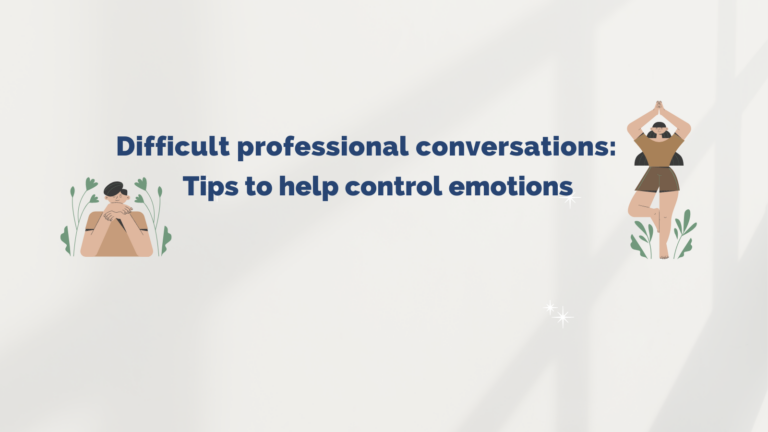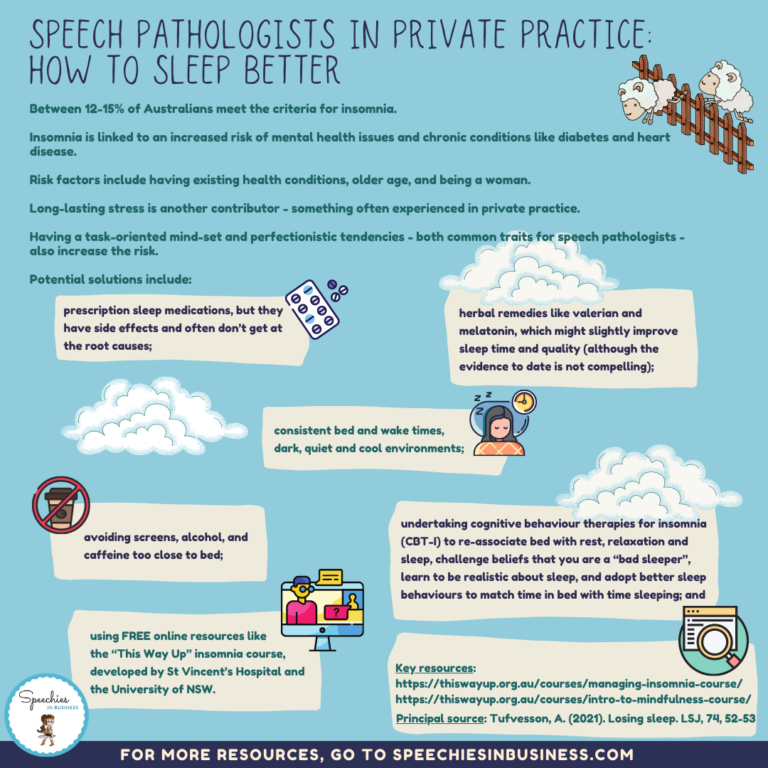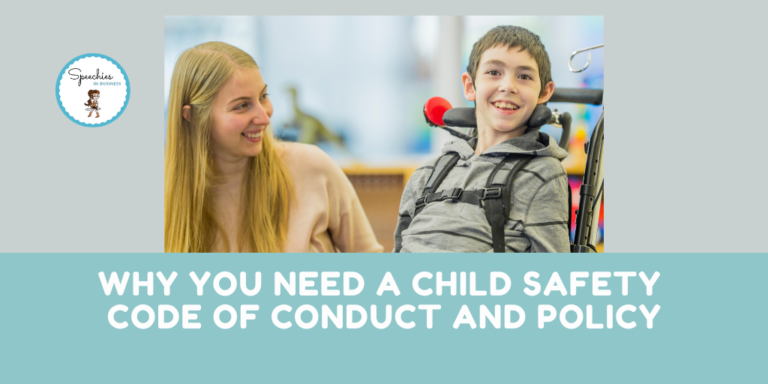SLP leaders should tell their employees they appreciate them more often!
In a recent study, almost 30% of employees reported that they had not received any recognition over the last year. Atrocious! Leaders who tell their employees that they appreciate them are perceived as being better at collaboration and teamwork, accepting feedback, building relationships, and motivating staff. To improve morale, productivity, performance, client satisfaction, and employee…





